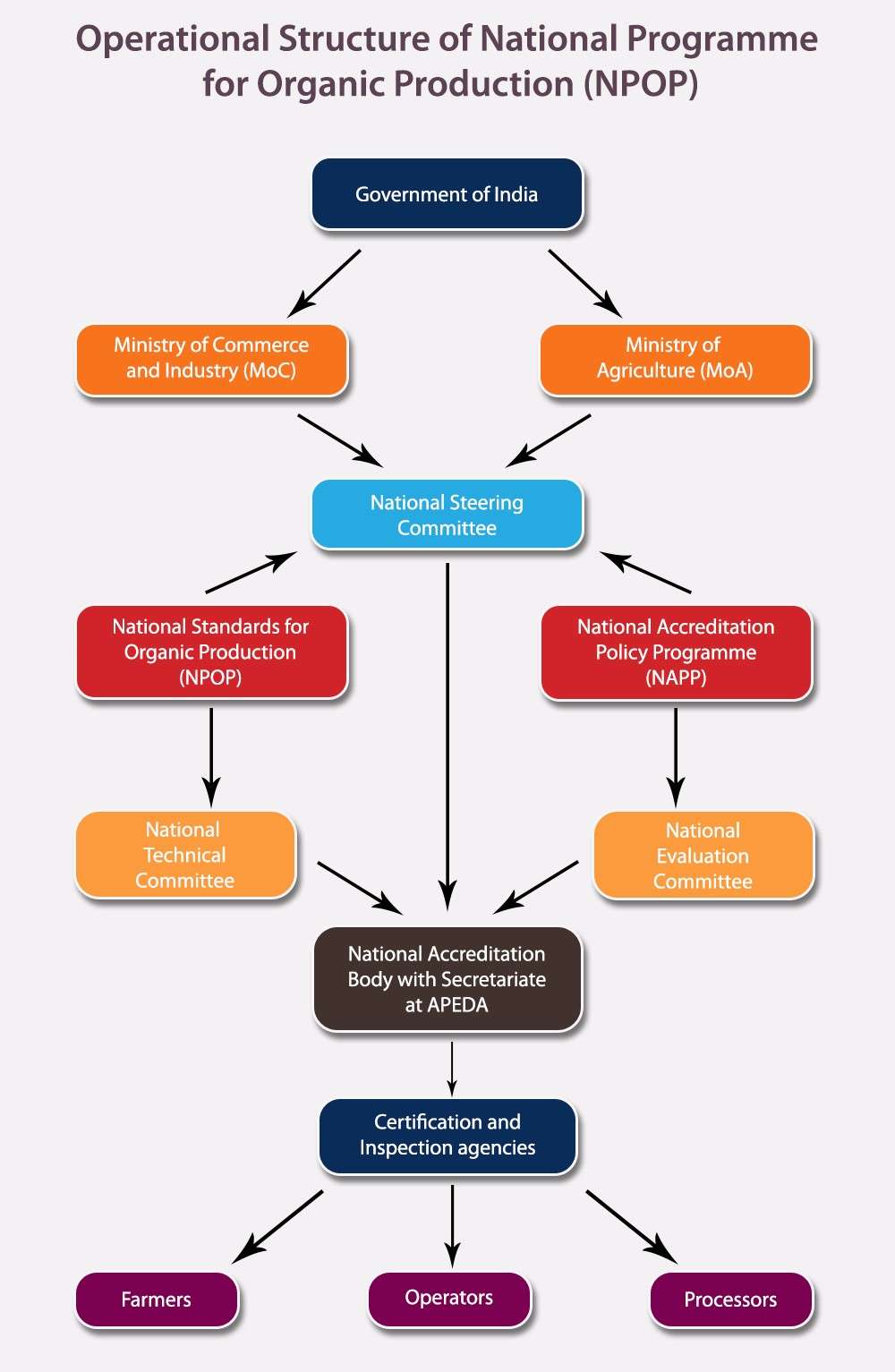Organic certification introduction
It is a process based system in which any type of agri-production, processing, packaging, transportation and distribution system certification is done. For its determination, different states have different standards which include certification of production, storage, processing, packaging and transportation. Mainly this process has following steps:
- Use of chemical fertilizers or pesticides is banned.
- Only the land in which fertilizer is not used from long time should be used for organic farming.
- Documentation of all processes and activities.
- Organic or inorganic production units should be kept separately.
- Time to time inspection is done to check the organic standards.
Need of organic certification
To provide customers high quality products and to protect them from sale of fake products we need organic certification. It will also provide guarantee to the customers.
Certification process
To certify any farm or field, farmer has to control all the activities under a definite process and keep an account of all activities. Main ways of certification process are:
- Knowledge of standards: The entire biological production process is to be subjected to the standards set for each level and work, therefore the complete knowledge of production standards and their circulation is necessary.
- Compliance: Standards for doing organic farming must be followed properly. It also includes cleanliness and care of equipment’s and storage place, modifying facilities, sourcing and changing suppliers etc.
- Documentation: It includes extensive paper work in which information regarding farm history, current set-up and the results of soil and water test is included.
- Planning: Plan must be submitted regarding annual production, detail of everything such as seed to sale, seed sources, location of field and crop, fertilization and pest control activities, harvesting methods, storage locations etc.
- Inspection: Inspections at regular intervals are required in which physical tour, examination of records and an oral interview is included.
- Fee: A grower will pay the fee to certification body for annual surveillance and for getting a mark which is acceptable in the market as a symbol of quality.
- Record-keeping: Written record should be there regarding day to day farming which covers all the activities must be available for inspection at any time. Along with these, surprise inspections can be made or specific tests are requested to be done (e.g. soil, water, crop or production). A conventional farm adheres to organic standards for this period, often, three years.
Certification and product labeling
Under marketing ministry of Indian government “National Organic Accreditation body” started authentication system work. Agriculture and Processed Food Products Export Development Authority (APEDA) this system is started. This system is started for export but now it is also used for local markets. Under this system 12 certified agencies are authorized. The whole knowledge of APEDA should be taken through www.apeda.com/npop website.










